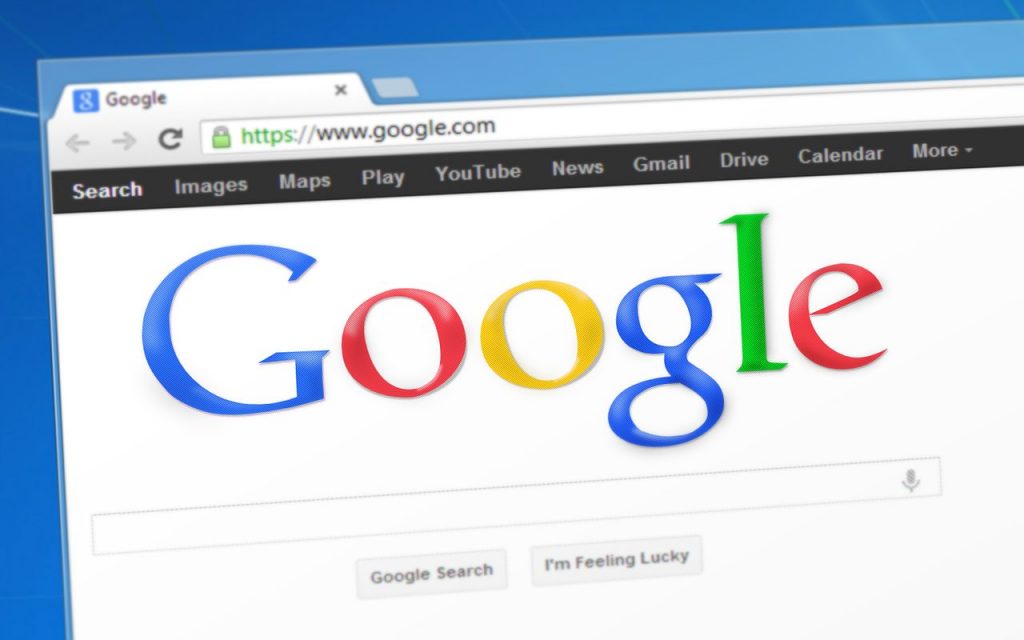If there’s one thing the marketing profession loves, it’s buzzwords. And by all accounts, Brain Engine Optimization (or BEO, for short) appears to fit the bill. No, it doesn’t have anything to do with Google’s RankBrain Algorithm (even though by all accounts one would expect it to).
As noted by Marketing Week, it’s a phrase created out of a quote by John Bradshaw, founder of marketing consultancy Brand Traction:
“The most important search engine is still the one in our minds.”
Alright, so our brain is a search engine, then? What does that mean, exactly? More importantly, what does it have to do with marketing?
Bizarre analogies aside, the concept of BEO actually has quite a bit to do with marketing and search. First and foremost, we all know the push Google’s been on recently—how it’s making every effort to reduce the importance of technical search engine optimization (SEO) in favor of something more holistic and intent-based. In short, it wants businesses to optimize their website for people rather than for robots.

To consider what their visitors want and need instead of what will help their content play nicely with the algorithms.
In other words, it’s meant to optimize your content for how people think. This is where you rely on a combination of intuition and research. For every piece of content you create, you need to answer the following questions:
- What do my customers want?
- What do people like about my brand?
- What customer needs does this content serve to fulfill?
- What mental associations does this customer have with my brand, if any?
- What emotions do I want the customer to experience when associating with my brand?
Realistically, this is just a roundabout way of advising you to create and maintain ideal customer profiles. This advice applies to business-to-business (B2B) and business-to-consumer (B2C) organizations. Although the sales funnel for each is slightly different, the same knowledge is invaluable in both cases.
There’s a bit more to the topic of BEO, like category entry points and memory generation. But it all ultimately boils down to what we’ve already said. As a marketing professional, knowing and understanding how your audience thinks, browses, and shops is more valuable than any keyword or sentiment research.
So, brain engine optimization. Is it another largely unnecessary buzzword? Most definitely.
At the same time, it speaks to an important truth that underlies every marketing strategy, regardless of industry, sector, or demographic. The more you know about your audience’s thought process, the better-equipped you are to approach them in a way that captures their attention and holds it. And the deeper your understanding of your customers, the more success your brand will likely enjoy in both the short-term and the long-term.





